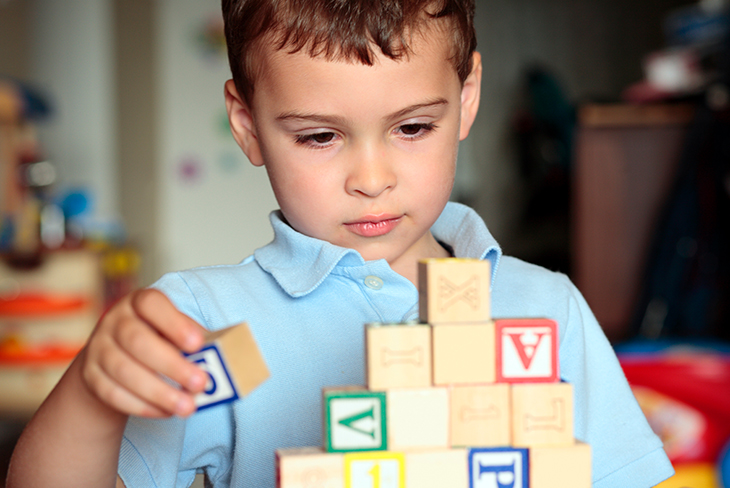How to cope if your child has been diagnosed with autism

An autism diagnosis can leave parents confused, frustrated and overwhelmed, but learning all you can about the disorder, and gathering accurate information, may help you cope. Here are some dos and don’ts you might want to consider.
What is autism spectrum disorder (ASD)?
Autism spectrum disorder is a group of developmental conditions that are characterised by impaired social and communication skills, as well as behavioural changes. There is no cure, but there are ways parents can learn to cope.
Do…
Take the following autism signs and symptoms seriously:
- Difficulty making eye contact and prefers to be alone
- Prefers not to be touched, held or cuddled
- Impaired communication skills with friends and classmates
- Repetitive behaviour and activities such as twirling, headbanging and snapping fingers
- Difficulty with adapting to change and transition
- Not responding when they are called but taking note of, or responding to other sounds around them
- Disinterest in objects or activities around them that intrigue other children
- Losing skills previously mastered such as the inability to say words they could previously say
Schedule a comprehensive diagnostic evaluation with a reputable specialist. Various non-invasive tests will help to determine whether or not your child has autism. These screening tools consist of a series of yes/no questions or ticking a checklist of symptoms. Keep in mind that most clinicians are loath to diagnose a child with autism before 30 months of age.
Find out as much as you can about the diagnosis so that you can get your child and your family the help, and support, you’ll need. This is uncharted territory, so it can be useful to speak to a parent who is familiar with autism needs. Autism support groups both in your local community and online will help to build understanding and gather information about dealing with autism.
Read reputable articles about what causes autism so that you don’t get drawn into controversial debates or drown in self-blame and guilt. Experts and scientists can’t say definitively what causes autism, but there is a common belief that in most cases it can be attributed to a combination of genetic and environmental factors (such as exposure to certain viruses), as well as metabolic and biochemical factors.
Seek treatment as soon as possible. While there is no cure, there are many effective skills- and behaviour-based training programmes that help to modify behaviour. These programmes focus on improving the symptoms, especially impaired social interaction. Medication can’t treat the disorder but, in some instances, it can help to better manage some symptoms such as depression, anxiety, seizures and hyperactivity.
Don’t…
Be afraid to ask for help. Caring for a child with autism can be stressful and tiring, and if the parent is burnt out, the child suffers too. Talking to a professional is the best way to process your feelings and find a sustainable way of dealing with an autism diagnosis.
Forget that your child is still the sweet baby you fell in love with when you first saw them. It’s easy for your fears to be overpowering, but they’ll only overwhelm you if you let them.
Allow the judgmental comments of others to overwhelm you. Autistic behaviour may include meltdowns in public – with misinformed people looking on – and there could be inappropriate questions and awkward interactions, but it could assist you to focus on your child and block out everything and everyone else. In time you may learn how to deal with autism, but for now, put your and your child’s health and wellbeing first.
Rob your other children or your partner of love and attention. It’s easy for the child with autism to become the centre of focus, but each relationship in the family needs to be nurtured, and everyone must live and thrive. Try to maintain a sense of normalcy. It will help your child be better adjusted.
The information is shared on condition that readers will make their own determination, including seeking advice from a healthcare professional. E&OE. Life Healthcare Group Ltd does not accept any responsibility for any loss or damage suffered by the reader as a result of the information provided.

